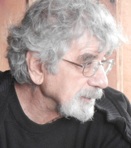changing the question


solipsism
When I first encountered the notion of what I now know as a constitutive ontology, it was not well presented, and perhaps not even understood by the presenters. This was in a so called “Est” seminar by Werner Earhardt and Associates in the early 70’s. They tried to convince us that we make up our reality, so I tried very hard to make a tiny change to my “reality” by moving a spot on the floor just a few mm. It didn’t budge. I wasn’t impressed, but I did note that many people felt transformed by the seminar. Only much later did I find out that Earhardt had consulted with Maturana, and I saw that my understanding was based in Earhard’s understanding, or rather the presenter’s understanding of Earhard’s understanding of Maturana’s explanation of how the nervous system works.
In any case this memory gives me a sense of empathy for the trap of solipsism. “Solipsism” has several meanings, ranging from a claim that nothing outside of one’s mind can be sure, to the metaphysical claim that the world and other minds simply don’t exist, it is all your own fantasy. Hard to imagine how the philosophers managed to discuss that! In any case the extreme position is unacceptable to me, no matter how well it might be argued, as I do not want to live in the loneliness of thinking you only exist as a figment of my imagination.


biological and cultural realities
For each of us the reality of our living arises through our living; and thus reality as we know it arises through our biological heritage and our cultural context. Hence we live coherently with out context. Maturana’s points in presenting his abstraction of a constitutive ontology are:
-
 in the happening I cannot distinguish experience from illusion
in the happening I cannot distinguish experience from illusion -
 I explain my experiences with the coherences of my experiences
I explain my experiences with the coherences of my experiences -
 I happen to be living in language as I distinguish living
I happen to be living in language as I distinguish living -
 observer and observing arise through living in language.
observer and observing arise through living in language.
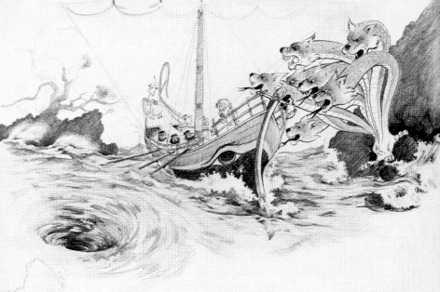
The epistemological Odyssey: sailing between the Scylla monster of representationalism and the Charybdis whirlpool of solipsism. From Maturana and Varela, Tree of Knowledge, p. 134
As we have been discussing, the question we ask determines what kind of answer we begin to look for, or what we accept as a valid answer. As long as we ask what IS reality (being) we cannot come to a satisfactory answer, and in some lineages of inquiry we are left looking for the smallest ultimate particle; and finding Reality becomes the province of physics. If we ask instead how do we know what we know, we are led ultimately back to ourselves, and our living (doing) as living beings in a human biological and cultural matrix. This is what Brent Cameron intended with his notion of an Ontocentric Universe.
As you know, and as evident from the title of the course text
“From Being to Doing,” Maturana reframed the question to “how do we do what we do?” and approached it from a neurophysiological view, from the perspective evolving living systems, and also from the perspective of humans living together in language and in a culture.

To these I add a few of the other points from Maturana’s work that I also find supportive of understanding and accepting a deep inner shift to living in the acceptance of a constitutive ontology:
-
 the nervous system is a detector of configurations within itself
the nervous system is a detector of configurations within itself -
 changes in the medium can only trigger changes in the nervous system according to structural determinism
changes in the medium can only trigger changes in the nervous system according to structural determinism -
 cognition consists of sensory motor coordinations in a manner that is adequate for our living
cognition consists of sensory motor coordinations in a manner that is adequate for our living -
 experience is that which I distinguish as happening to me
experience is that which I distinguish as happening to me -
 distinctions in language are historically bound in culture and modified according to individual experience
distinctions in language are historically bound in culture and modified according to individual experience -
 knowledge and learning are attributed by an observer
knowledge and learning are attributed by an observer
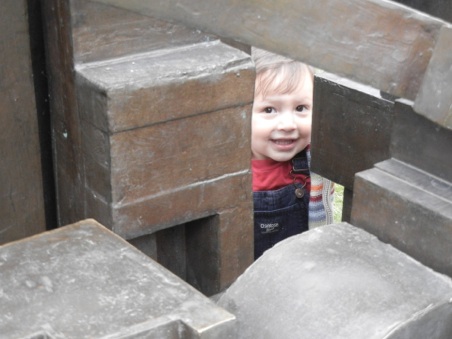
and more:
Love as that domain of relational behaviours in which the other arises as a legitimate other in coexistence with ourselves, enables a vision of my reality, and the many realities lived by other people as legitimate
I find all the ideas comprise a coherent matrix, one that enables escape from any cognitive trap, and which I value for its explicit openness.
I claim that it is a liberating matrix.
You may wish to consider once again the matrix of the biology of cognition, or better the biological and cultural matrix of human existence,presented here in my version with the flow we have followed so far in this course superimposed.

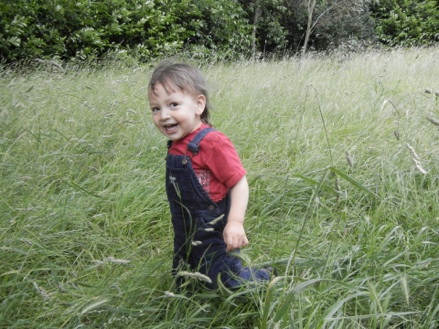



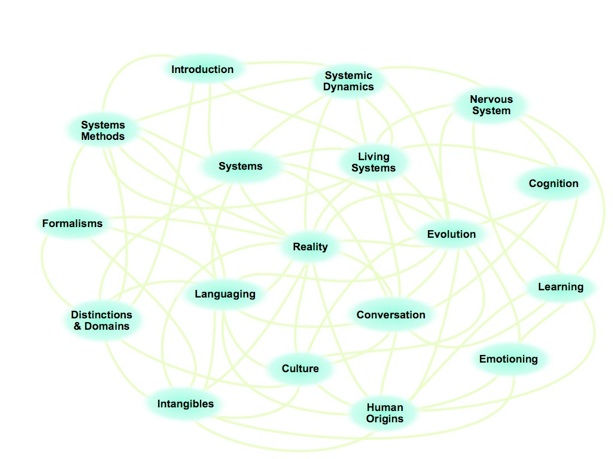
Story told at a conference
